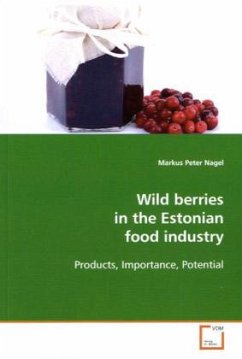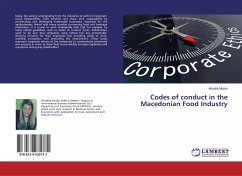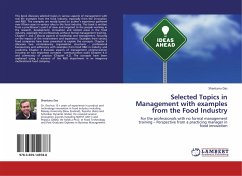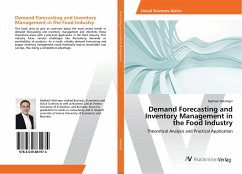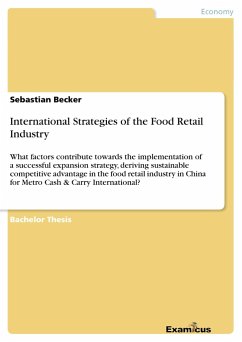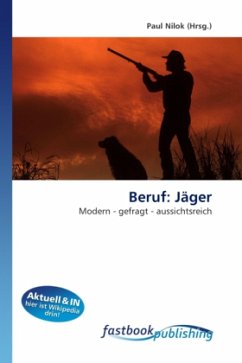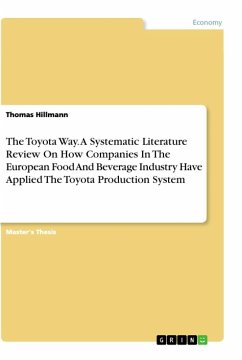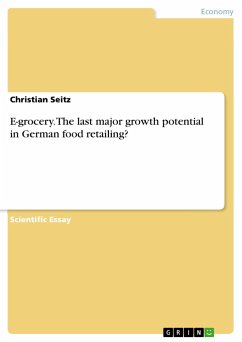Throughout history wild berries have been very
important for manhood, as personal food resource as
well as source for additional income. Wild berries
are high in vitamins, aromatic and of a very high
flavour quality. They can be eaten fresh, frozen or
canned and are used as fresh fruit, ingredients in
food preparations and also as a dietary supplement or
as a basis for liqueurs. Wild berries have potential
for use in the food and beverage industry. During the
last years non-timber forest products became an
up-to-date topic of active discussions. During the
years after Estonia regained its independence in 1991
there was intensive forest destruction, and often was
forgotten that forest means more than timber. This
way of thinking also led to underestimation of the
economic value, which is hold by non-timber forest
resources. This book by the author Markus Peter Nagel
gives a first picture of the role that wild berries
play in the Estonian food industry. The particular
aim of this work was to find out, which are the most
important wild berry species for the Estonian food
industry. The book is meant for experts in forestry,
forestry students and also for the food and beverage
industry.
important for manhood, as personal food resource as
well as source for additional income. Wild berries
are high in vitamins, aromatic and of a very high
flavour quality. They can be eaten fresh, frozen or
canned and are used as fresh fruit, ingredients in
food preparations and also as a dietary supplement or
as a basis for liqueurs. Wild berries have potential
for use in the food and beverage industry. During the
last years non-timber forest products became an
up-to-date topic of active discussions. During the
years after Estonia regained its independence in 1991
there was intensive forest destruction, and often was
forgotten that forest means more than timber. This
way of thinking also led to underestimation of the
economic value, which is hold by non-timber forest
resources. This book by the author Markus Peter Nagel
gives a first picture of the role that wild berries
play in the Estonian food industry. The particular
aim of this work was to find out, which are the most
important wild berry species for the Estonian food
industry. The book is meant for experts in forestry,
forestry students and also for the food and beverage
industry.

